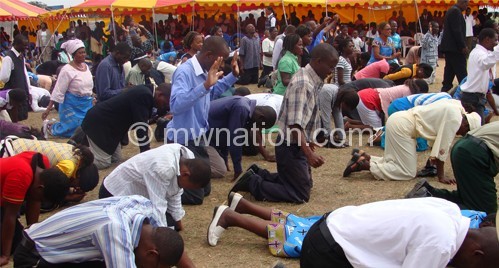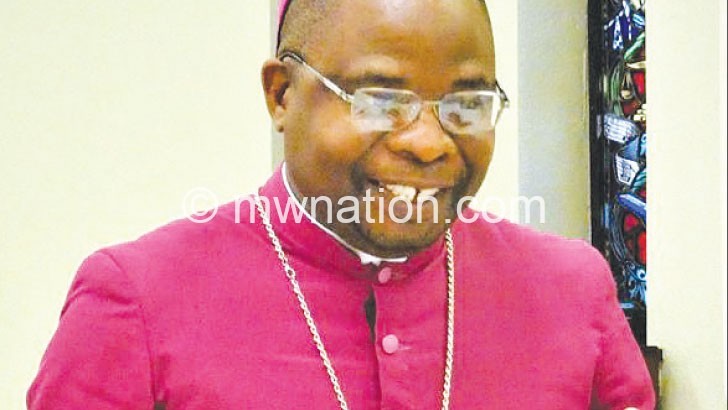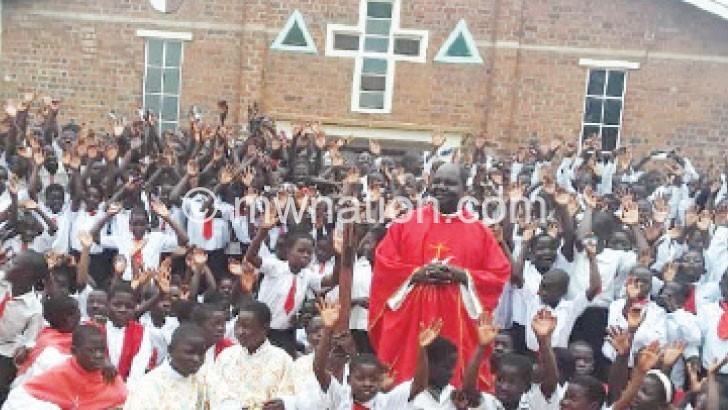Where do we go after death?
 It is a proven fact that death is the most feared eventuality in human life. Even those who claim not to fear it shudder at the mention of it.
It is a proven fact that death is the most feared eventuality in human life. Even those who claim not to fear it shudder at the mention of it.
It is, therefore, not surprising to see old and frail theists pleading with God to spare them from death even if they have outlived their lifespan.
One such example is Ezekiel who literally cried when the prophet of God informed him of his impending death.
Before coming into the world, Jesus Christ was fully aware of his mission: to die for mankind. But he too tried to resist it by asking his Father to spare him.
Some people have blamed this fear of death on lack of knowledge about what awaits them after life.
Theists hold different views as regards man’s destination after death and no one seems to be clear about what will befall them after their earthly life.
In an interview with Nation on Sunday this week, a devout Seventh Day Adventist (SDA), Yapatula Nyirenda, argued that the fear of death is a sign of uncertainty.
Nyirenda said death was the beginning of another glorious life in heaven; hence, there was no need to fear it.
“Death scares those who are not ready to meet their Creator. To a sinner, death is scary because of hopelessness,” she said.
Nyirenda, currently working as a producer and presenter of Saturday and Sunday Spirituals at Malawi Broadcasting Corporation (MBC), said it is important for believers to prepare for death.
“To some extent, this fear is coming from lack of knowledge about death and what God has prepared for His people in heaven,” she said.
But in an e-mail interview, a Jehovah’s Witness based in the United Kingdom, Gerry Leijen, trashed these assertions, saying God did not design heaven for human occupation.
Leijen explained that believers have valid reasons for fearing death because their destination is not desirable as some faiths would wish to portray it.
Citing Genesis 3:19, he said there was no heavenly reward after death. Leijen said the Bible states that people will, as dead souls, return to dust.
Catholic priest Father Henry Saindi faulted Leijen for interpreting the verse out of context.
Saindi said while it is true that God had condemned man to eternal suffering (after the fall in the Garden of Eden), it is important to remember that God had reversed this punishment when Jesus Christ died for mankind.
“If God had not rescinded His decision, Jesus would not have told his disciples that ‘blessed are the poor in spirit for theirs is the kingdom of God’ as recorded by Matthew 5:3,” said the priest.
But Leijen maintained that heaven belongs to God. Quoting Luke 22:28—30, the Witness said the Kingdom of Heaven being talked about in Matthew 5:3 refers to a covenant Jesus made with the disciples, not mere believers.
Reads the verse in question: “However, you are the ones that have stuck with me in my trials; and I make a covenant with you just as my Father has made a covenant with me for a kingdom that you may eat and drink at my table in my kingdom and sit on thrones to judge the 12 tribes of Israel.”
However, this contradicts Revelation 22 that Leijen also quoted to justify his argument. Revelation says Jesus will be the king of the earth, which means he and his disciples will occupy the earth where they will sit and judge the tribes of Israel.
In this case, Leijen’s argument cannot hold because it means Jesus promised his disciples two kingdoms: heaven and earth.
Saindi says the contradiction here simply proves how some faiths misrepresent biblical facts.
“Through his death on the cross, Jesus opened for us a door to heaven, which was closed when Adam sinned,” explains the priest.






jesus was not only refering to the deciple but to all those who believe in him.
eeh mzovuta izi !
Nanga a sheik amatipo chani pa nkhani imeneyi ?
Human race is confused